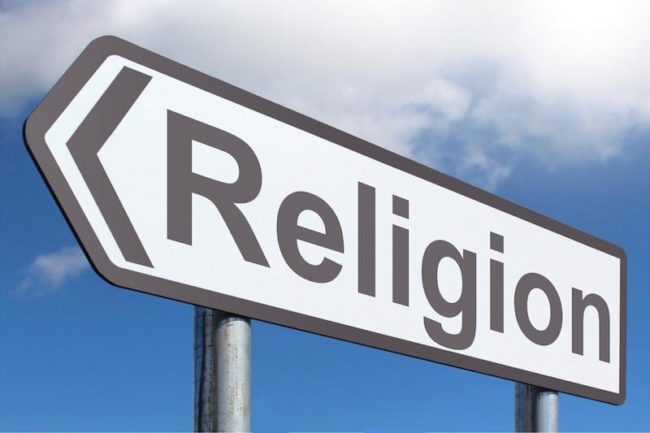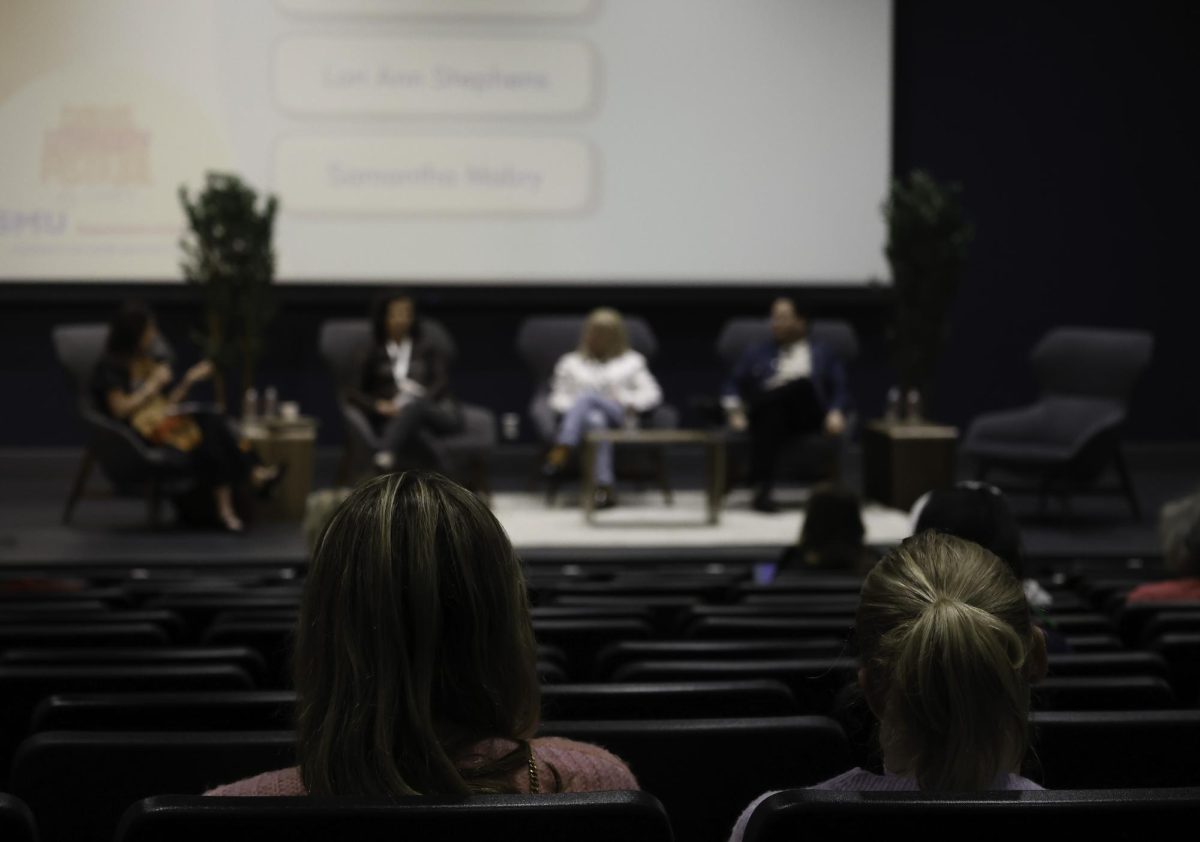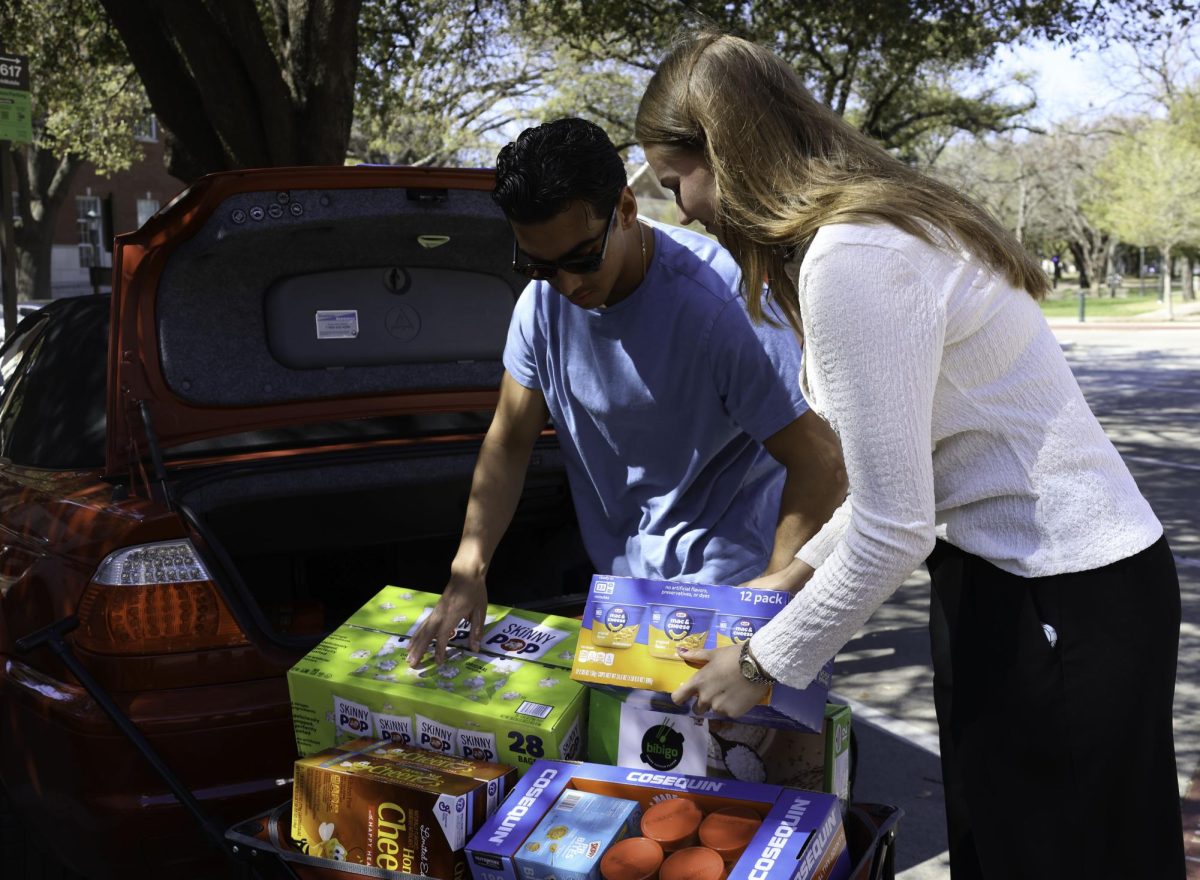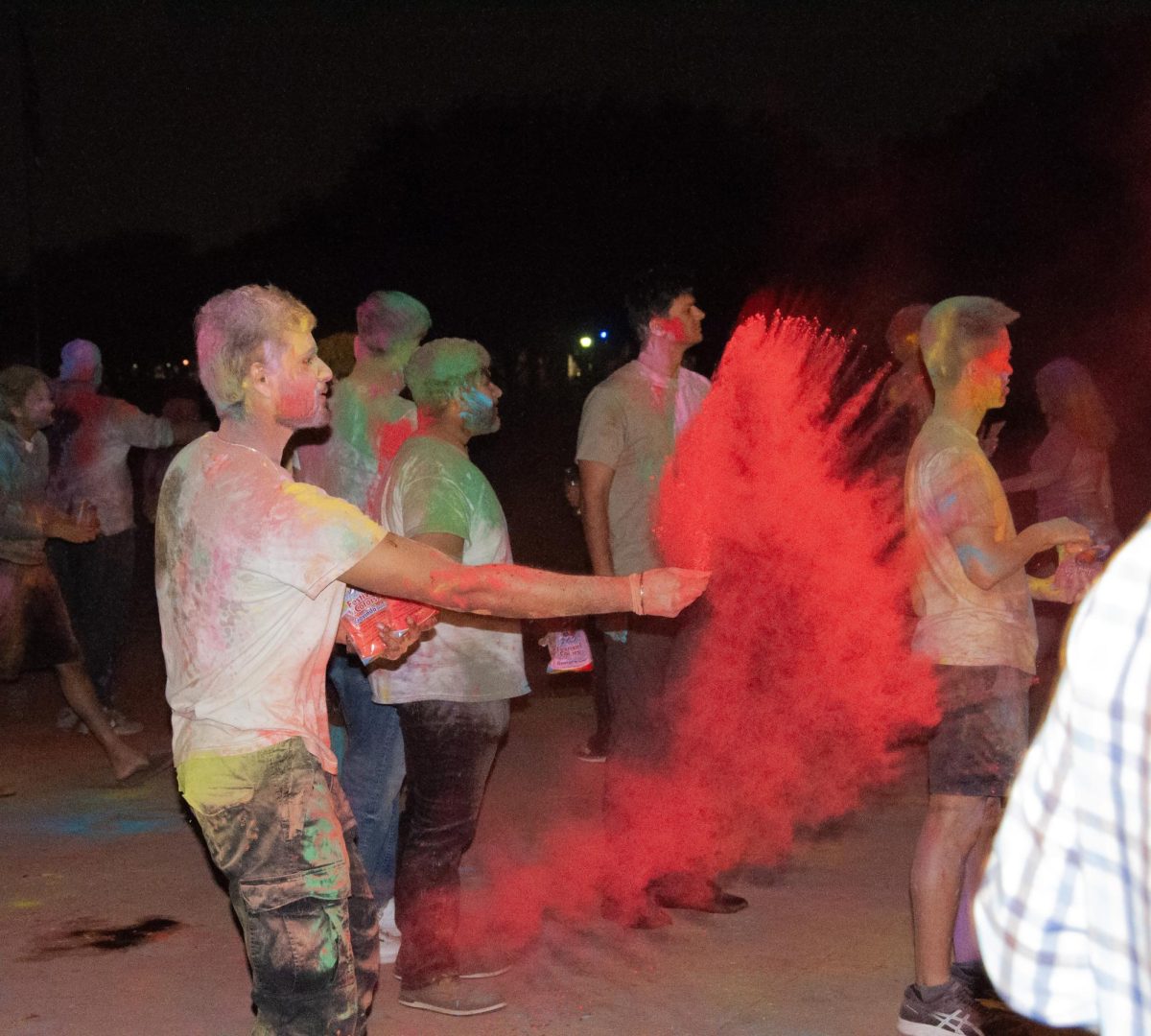Recent SMU graduate, Munashe Size said that making time for religion and school can be difficult and stressful.
“I try to set two to three hours a day, but again it does come with the time restraints,” Size said.
The UCLA Higher Education Research institute has found that 81 percent of incoming freshmen say they frequently attend religious service; however, as students make it to their senior year this attendance declines.
Chaplain and minister to Southern Methodist University Stephen Rankin explains that the 81 percent of students indicates that religious identity is important to students; however, learning how to adjust to college life away from home can cause their attendance to decline overtime.
“Like how do I make sure I get to class on time, how to get my homework done, how do I wash my clothes,” Rankin said. “It is easy to stop thinking about [religion] because of these demands.”
Many students try to stay connected to their religion by joining student religious groups on campus. SMU has 28 religious ministries including faiths of Christianity, Hinduism, Judaism, Islam, and Sikhism.
“Being part of a small group I think is really critical to that having some habits because otherwise we are under time pressures and deadlines all the time,” Rankin said.
Amber Loflin, who is a staff member of Fellowship of Christian University Students, realized that once a students’ pattern of living at home goes away, they need to be intentional about attending religious service if they want to keep participating in their faith.
“It’s like if you have experienced you have to read all these books for school and you know that you love reading but then once those assignments are gone you find yourself kind of not reading anymore,” Loflin said. “Without some type of intentional structure, I think you kind lose some of that.”
Students attributed the decline in religious attendance to student’s busy workload that only increases each year. Senior Susanna Pool agrees that as students start their college career they are given a bigger workload each year, but she also acknowledges that college gives students the freedom to explore the new questions about knowledge and life.
“Anytime you have a student who is figuring out who they are and what they believe a lot of time that changes from start to finish, and it should,” Pool said. “As you grow into adulthood. As you figure what makes you, you.”















